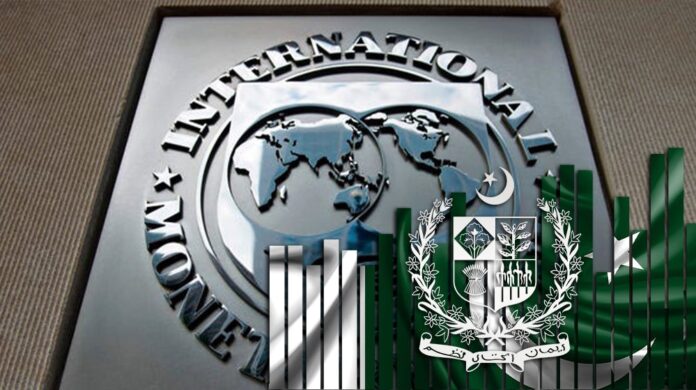Finance Minister Mohammad Aurangzeb said on Thursday that Pakistan will take corrective steps on all gaps highlighted in the International Monetary Fund’s (IMF) latest governance and corruption assessment, as the country prepares for the Fund’s next board decision under the ongoing $7 billion Extended Fund Facility.
“These are points identified by the IMF that require action, and we will work to resolve them,” he said while speaking to a private news channel.
The IMF’s Governance and Corruption Diagnostic Assessment (GCDA), released last week, warned that corruption and weak institutions continue to undermine Pakistan’s economic development even as macro indicators stabilise under the EFF. The publication of the report is required before the IMF executive board can approve the next $1.2 billion disbursement scheduled for next month.
“Corruption is a persistent challenge in Pakistan, with significant adverse implications for economic development,” the document states. It notes that weak control of corruption has eroded the effectiveness of public spending and revenue collection, while undermining trust in the legal system.
The report says Pakistanis often make repeated payments to officials for basic services, and that funds lost to corruption could otherwise support higher production and development.
It identifies privileged entities with influence over major economic sectors, including those state-linked, as a key source of governance risks. It also highlights structural issues in the judicial system, citing large case backlogs, outdated laws and questions about the integrity and independence of courts, all of which affect contract enforcement and property rights.
The study outlines a 15-point agenda covering immediate, short-term and long-term reforms to strengthen governance and reduce corruption vulnerabilities. Recommendations include ending special privileges in government contracting, moving all public procurement to an e-governance platform within 12 months, and establishing stricter parliamentary oversight of fiscal powers.
Greater transparency in policymaking and easier public access to fiscal information are also among the core proposals.
The IMF report says governance improvements along these lines would yield “significant economic benefits” and support sustainable, private sector-led growth.




